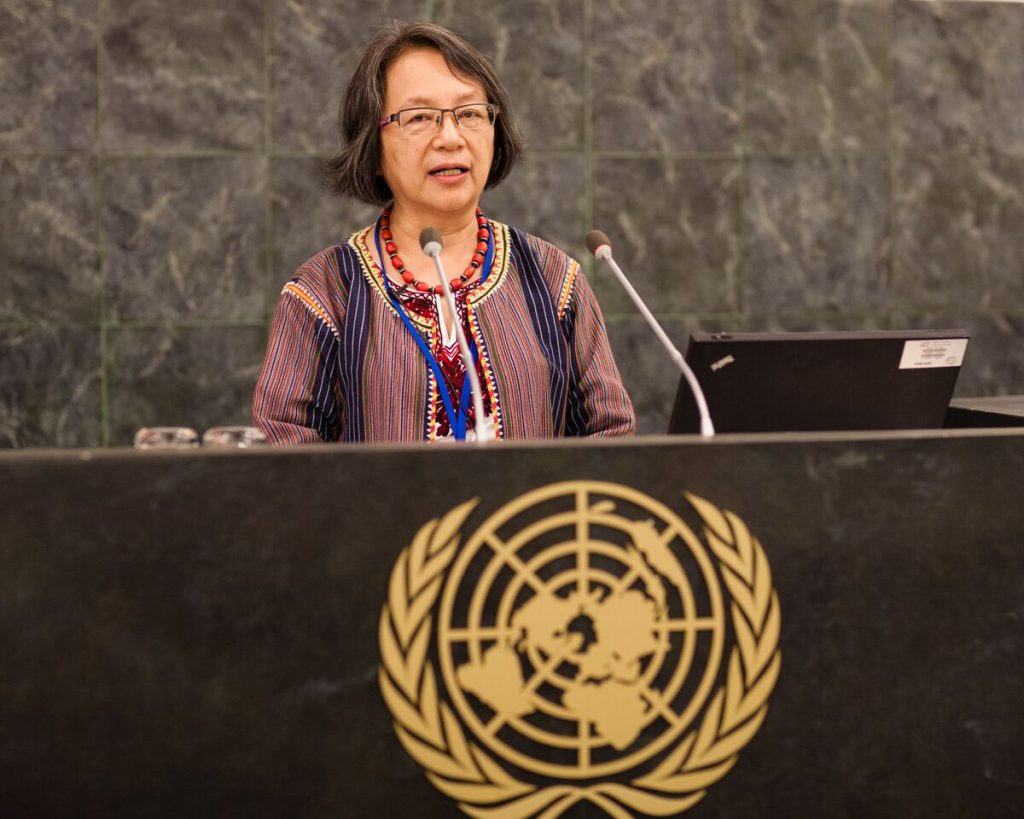In some closing words to the Forum, Vicky Tauli-Corpuz (UN Special Rapporteur on the Rights of Indigenous Peoples, United Nations) applauded the attention given to customary land tenure. For communities there has always been a struggle for their practices to be acknowledged, despite the fact that these existed long before the arrival of state governments. She found much promise in some of the legal work taking place in the Mekong region. This helps place a key role for customary land tenure in the sustainable management of forests, as opposed to an image of customary systems as backwards. So it is worth pushing for the principles that communities have always have fought for.
A key challenge is that the allocation of forestland to communities has been slow. It is vital to record and document customary areas, otherwise how will companies know what they can use and manage. Tauli-Corpuz appreciated seeing some companies engaging with communities. The use of FPIC is heart-warming. This is not the norm, and in general the private sector and governments do not like to hear about it. Sharing documentation of positive cases will help others learn the FPIC can lead to less risk. Otherwise, conflict and resistance will prevail, and the state may wield its strong hand.
There is great potential from forums like this. Tauli-Corpuz insisted that other regions in Asia could benefit from such discussions. While congratulating the Forum, she emphasized the importance of sharing its reports to indigenous peoples, companies and so on. For communities to be empowered, they need to be informed.
Check further details on the 3rd Mekong Land Forum

